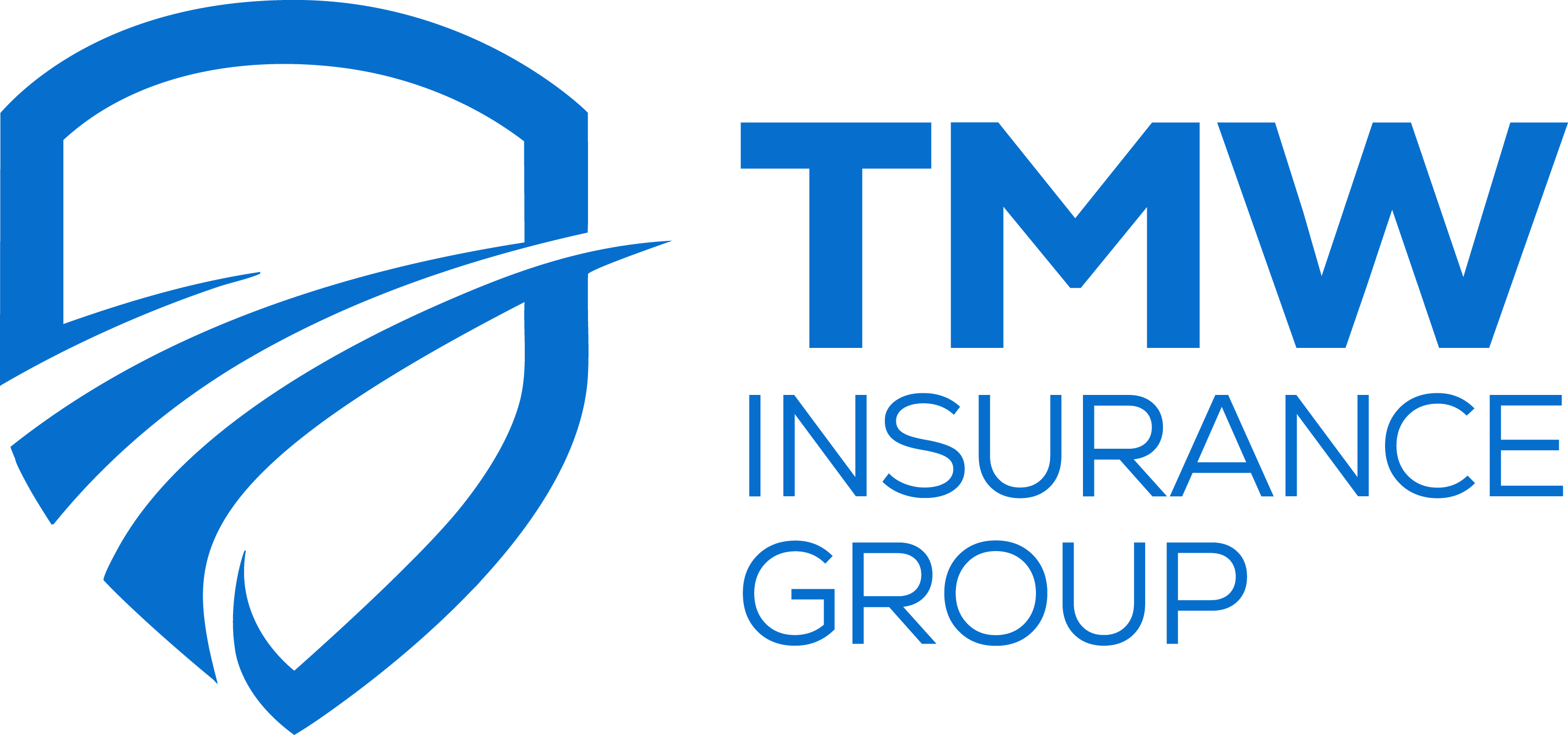Health insurance is critical to financial security and well-being, providing a safety net during illness or injury. However, navigating the world of health insurance can be complex and overwhelming, especially during the open enrollment period. Open enrollment is crucial when individuals and families can enroll in a new health insurance plan or change their existing coverage. This blog will demystify the open enrollment process and help you choose the right health insurance plan to meet your needs.
Understanding Open Enrollment
During open enrollment, people can sign up for new health insurance plans, change their current coverage, or renew their existing policies every year. The Affordable Care Act (ACA) requires a once-per-year open enrollment period. Open enrollment may occur at different times each year, but it usually takes place from November 1 through December 15 for coverage to begin the following year.
During open enrollment, you can:
1. Enroll in a new plan: If you don't have health insurance, open enrollment allows you to sign up for a plan.
2. Change your plan: If you already have health insurance but want to switch to a different plan, this is the time to do it.
3. Renew your plan: If you're happy with your current plan, you can renew it for the upcoming year.
Types of Health Insurance Plans
Understanding the many kinds of health insurance plans available is crucial before beginning the open enrollment process:
1. Health Maintenance Organization (HMO)
Members of HMO plans are frequently required to select a primary care physician (PCP) and obtain referrals for specialists. Although your options for healthcare providers are constrained, these plans often feature cheaper premiums and out-of-pocket expenses.
2. Preferred Provider Organization (PPO)
PPO plans provide you more freedom in selecting your doctor and don't demand that you get a referral to see a specialist. You can see any doctor or specialist without a recommendation, even though your premiums and out-of-pocket expenses can increase.
3. Exclusive Provider Organization (EPO)
EPO plans to combine aspects of HMO and PPO plans. They offer a network of preferred providers, but there's only coverage for out-of-network care in emergencies.
4. Point of Service (POS)
POS plans require choosing a primary care physician and getting specialist referrals. They often have a mix of in-network and out-of-network coverage, with higher out-of-pocket costs for out-of-network care.
Considerations to Make When Selecting a Health Insurance Plan
To guarantee you choose the best health insurance option for your needs when comparing plans during the open enrollment, take into account the following factors:
1. Premiums: The monthly payment you make for your insurance. Usually, plans with larger deductibles have cheaper rates, and vice versa.
2. Deductibles: The sum you must pay out-of-pocket for covered services before your insurance plan begins to cover the rest of the expense.
3. Coverage: Review what medical services and prescriptions are covered by the plan, including preventive care, hospitalization, prescription drugs, and mental health services.
Tips for a Smooth Open Enrollment Experience
Navigating open enrollment can be overwhelming, but with these tips, you can streamline the process and make informed decisions:
1. Start Early: Don't wait until the last minute. Begin researching your options well before the open enrollment period begins to allow ample time for decision-making.
2. Assess Your Needs: Consider your healthcare needs and the needs of your family members. Are you planning for a family, managing a chronic condition, or just looking for basic coverage?
3. Review Changes: Even if you're happy with your current plan, review any changes to the plan for the upcoming year, such as premium adjustments, coverage alterations, or provider network updates.
Open enrollment is your opportunity to ensure you have the right health insurance coverage to meet your needs and protect your health and financial well-being. Understanding the types of plans available and considering key factors when choosing a plan will help you make an informed decision during this crucial period. Take the time to review and compare your options, and don't hesitate to seek assistance to ensure you select the best health insurance plan for you and your family.


